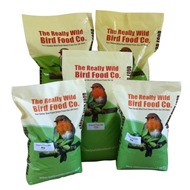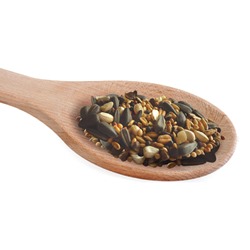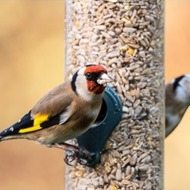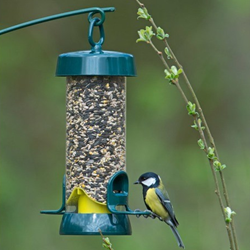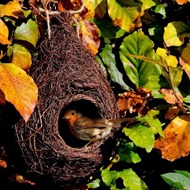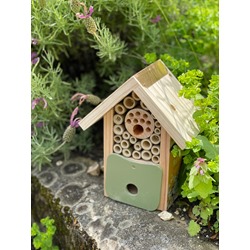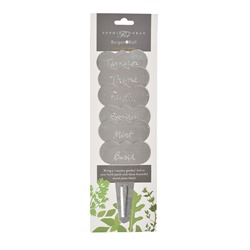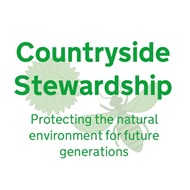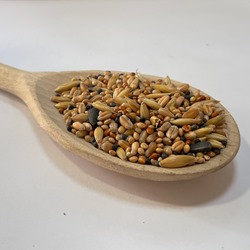Up, up and away...or found on the ground?
I am often contacted by people who have found a young garden bird (or birds) sitting on the ground and looking as if they have been abandoned by their parents. This can understandably cause concern.
The first thing to say is that this is very common, and in over 95% of cases, there is no need to be worried and you should not intervene. For example, this gorgeous young robin is clearly doing very well for himself and feathering up.
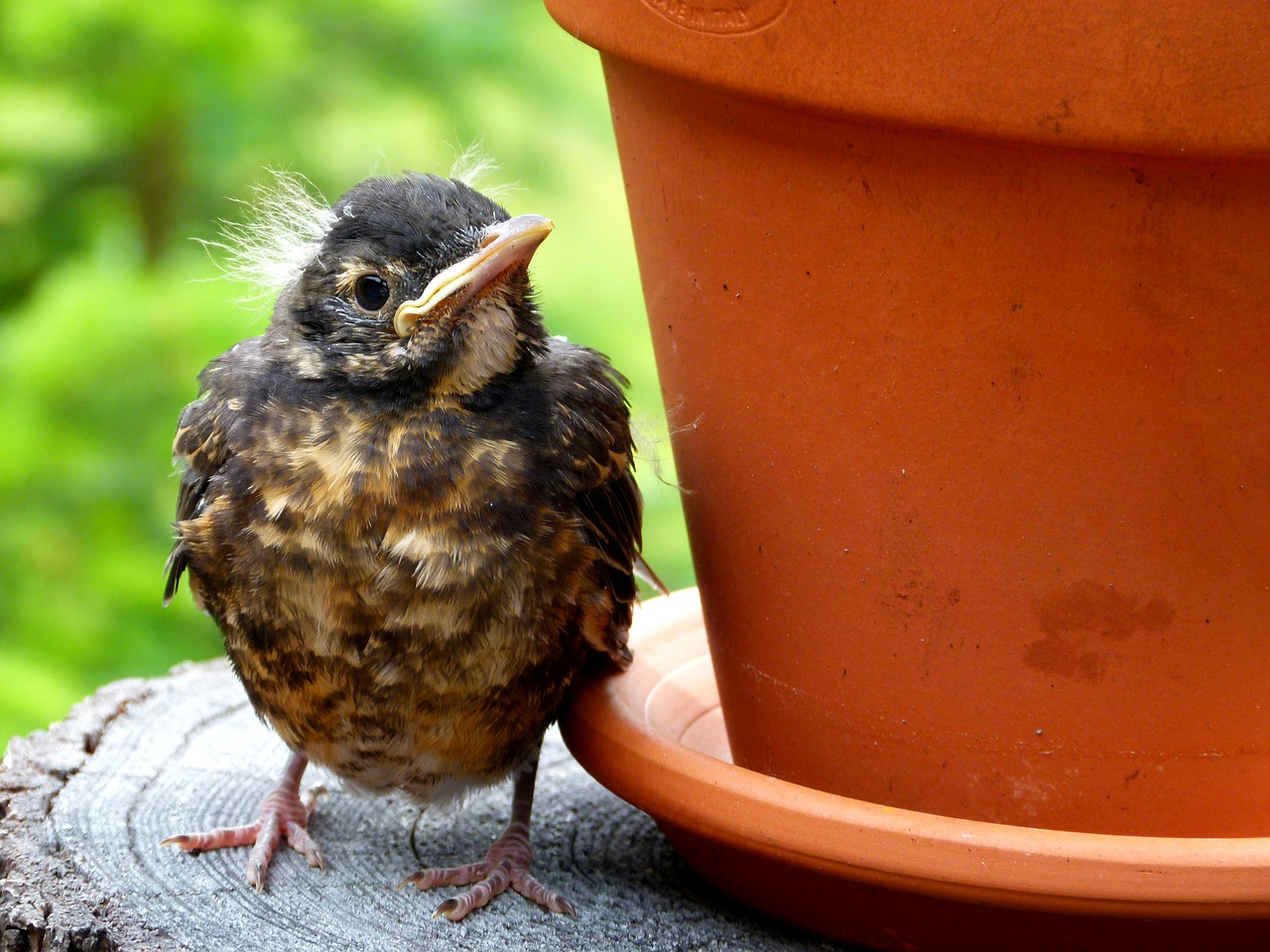
Most youngsters you'll find are feathered fledglings, doing as nature intended and leaving the nest to check out the big wide world before taking to the sky.
Most of our garden birds will fledge once they are fully feathered (at about 2 weeks of age) but before they are actually able to fly. Instead, they tend to hop out and spend a day or two on the ground finishing off the development of their flight feathers, which would otherwise take up too much space and be too uncomfortable in the confines of an outgrown nest!
This young robin may look like he needs help, but actually he is just a bit behind the one pictured above. As you can see, he still needs to grow his flight feathers (and a tail!) but his eye is bright.
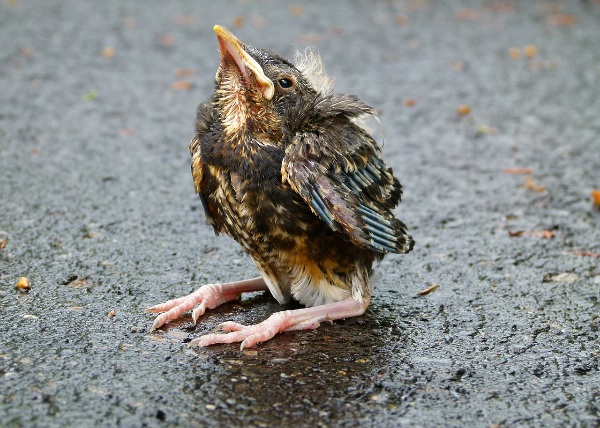
This sparrow is also just young and needs his parents.
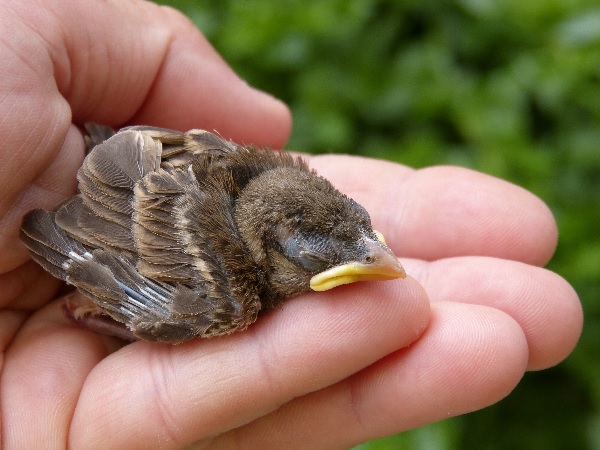
Of course, the exception to this rule are the swifts, swallows and house martins, who fledge on the wing and should not ever be found on the ground under normal healthy circumstances.
If garden birds are fully feathered and hopping about, it is extremely unlikely they are fending for themselves. Adult birds will be somewhere - either collecting food, hiding from you or keeping a watchful eye from a distance. Therefore, it usually best just to leave well alone.
In particular, if you find a young owl, do not touch it or move it. Very often parents will attack (and kill) youngsters that have been handled by humans.
So the take-home message is that moving an apparently healthy fledgling from its normal habitat WILL reduce its chances of long-term survival, so please resist the temptation to move it. Every year, the RSPCA receives tens of thousands of fledglings that have been picked up by caring members of the public and taken to them. Our garden bird populations are declining, so these tens of thousands are really needed to sustain the numbers!
When should I intervene?
If you feel that the bird's life is in peril - for instance, maybe it has strayed onto a busy road - then obviously the thing to do is lift it and move it to a safe place a short distance from where you found it. As long as you don't go too far away, the parents will recover their baby and (and with the exception of owls) should not then reject the baby just because it has been handled.
If you have cats in the garden, I would encourage you to keep them indoors for a couple of days until your fledglings have taken off.
If the bird has obviously been injured (e.g. a broken wing, damaged leg, laceration or cat maul) or if it appears sick, then it is unlikely to survive without some form of intervention. In this case, put gloves on, handle the bird with great care, place it in a dark cardboard box with ventilated lid, and seek professional advice.
If the bird is quite shocked, you should keep it in a warm place (like an airing cupboard). Alternatively, wrap a hot water bottle in a towel and place it below the box or along one side of it - NOT inside the box with the bird - so the bird can get away from the heat and you won't dry-roast it.
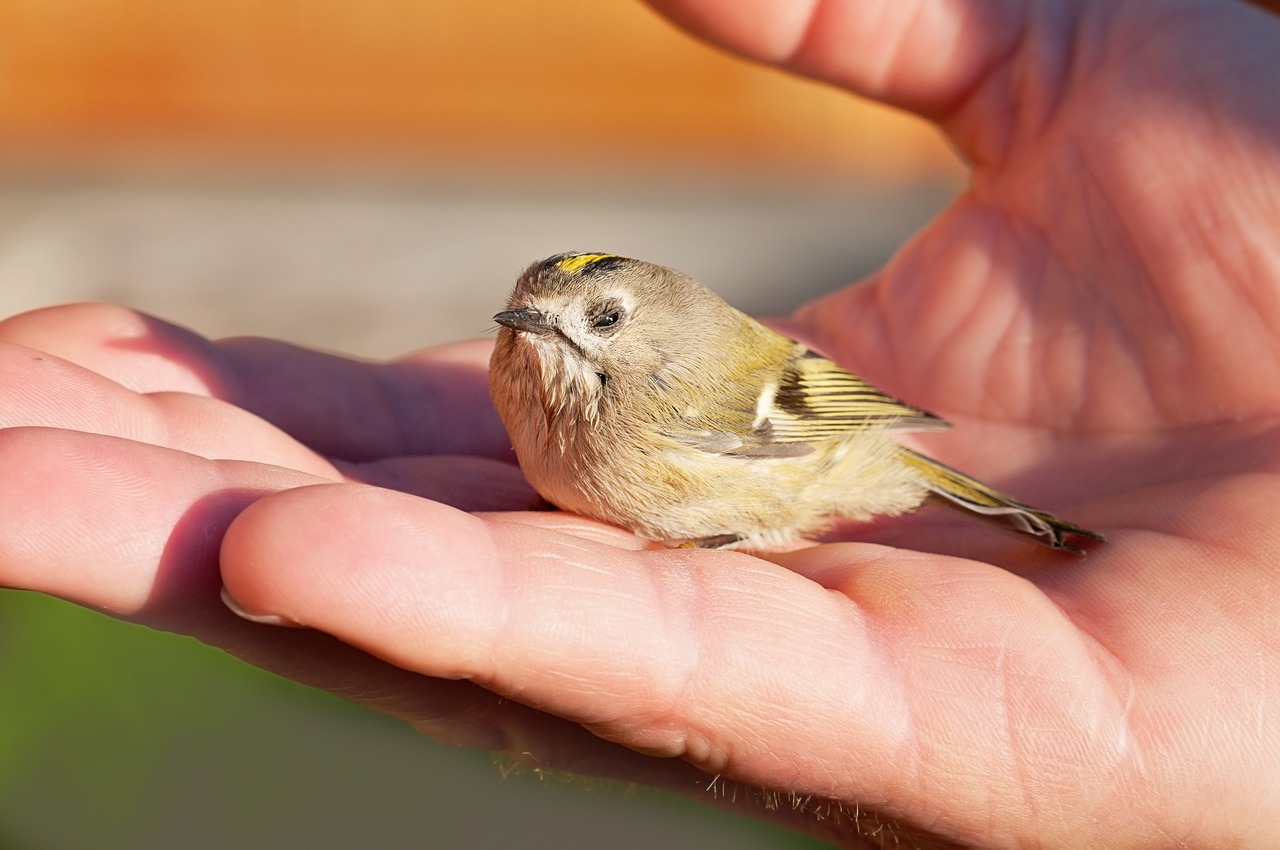
Although this is not a fledgling, you can tell by this firecrest's eye that it is unwell and needs veterinary treatment.
If the chick you find is bald or very poorly feathered (let's face it - a pretty ugly sight!) it may be possible to gently lift it and replace it in the nest. Obviously, you will need to identify which tree/bush and nest it fell from, and you need to be careful not to fall off the ladder whilst trying to do your heroic duty!
Please don't attempt to feed a sick baby bird with anything. If you cannot put the bird back in its nest, pop it into a small cardboard box with a ventilated roof. Keep it warm and quiet and take it to your nearest independent rescue centre or the RSPCA. The website helpwildlife.co.uk has lots of good advice and an easy locator for your nearest wildlife rescue centre.
Of course, small birds like this need regular and constant feeding, so if you are not able to get to the centre straight away, call them and ask their advice about feeding and how best to look after the baby until they take over. It will be much less stressful for you, and you'll be more likely to have a successful outcome.
If you have a question for our resident vet Lesley, you can ask it here!
 Back
Back Bird Foods
Bird Foods
 Seed Mixes
Seed Mixes Straight Seeds
Straight Seeds Mealworms & Worms
Mealworms & Worms Chicken Feed
Chicken Feed Duck Food
Duck Food Peanuts & Peanut Butter
Peanuts & Peanut Butter Suet & Fat Balls
Suet & Fat Balls No Mess Bird Seed
No Mess Bird Seed Wheat Free Bird Seed
Wheat Free Bird Seed Sunflower Seeds
Sunflower Seeds Softbill Bird Food
Softbill Bird Food Bulk Bird Seed
Bulk Bird Seed Trial Packs
Trial Packs Pick & Mix
Pick & Mix Mini Pick & Mix
Mini Pick & Mix Birdie Basics: Budget Bird Food
Birdie Basics: Budget Bird Food Food for Small Birds
Food for Small Birds Back
Back Bird Feeders
Bird Feeders
 Seed Feeders
Seed Feeders Peanut Feeders
Peanut Feeders Peanut Butter Feeders
Peanut Butter Feeders Suet & Fat Feeders
Suet & Fat Feeders Window Feeders
Window Feeders Hanging Feeders
Hanging Feeders Feeding Stations
Feeding Stations Ground Feeders
Ground Feeders Easy Clean Feeders
Easy Clean Feeders Bird Tables
Bird Tables Seed Trays
Seed Trays Bird Baths & Drinkers
Bird Baths & Drinkers Feeder Accessories
Feeder Accessories Feeder Hygiene
Feeder Hygiene Squirrel Proof Bird Feeders
Squirrel Proof Bird Feeders For the Kids
For the Kids Niger Seed Feeders
Niger Seed Feeders Mealworm Feeders
Mealworm Feeders Bird Food Storage
Bird Food Storage Fat Ball Feeders
Fat Ball Feeders Tube Feeders
Tube Feeders



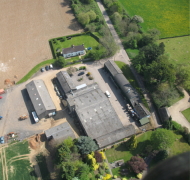 Our Farm
Our Farm
 Tips & Advice
Tips & Advice
Contact Us

